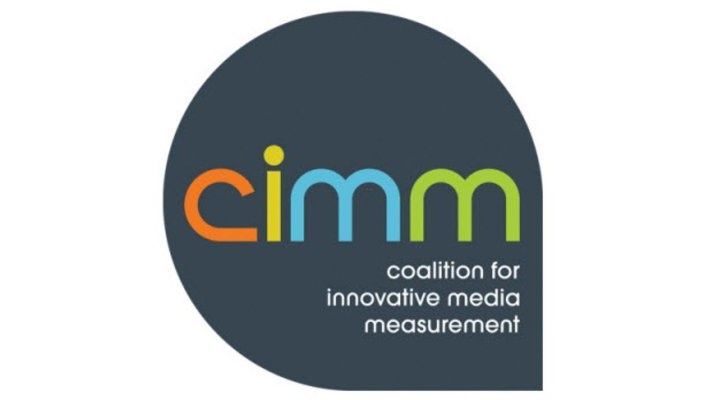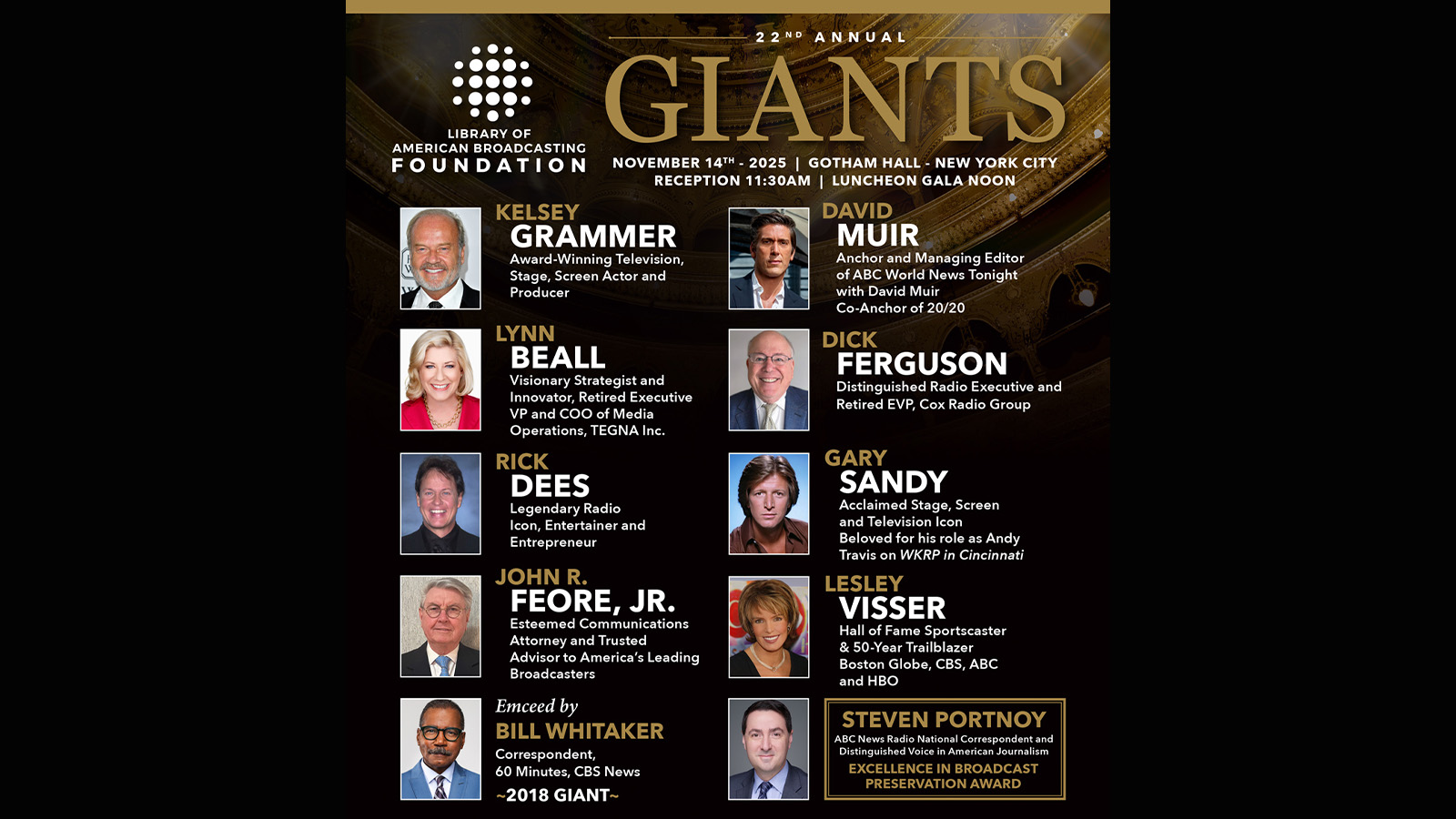CIMM Study Explores Big Data Measurement Problems
Report explores critical methodological challenges facing big-data TV measurement solutions and identifies potential solutions

NEW YORK—As the TV industry grapples with the measurement problems that have been produced by rapid changes in the way people watch programming, the Coalition for Innovative Media Measurement (CIMM) has issued a major new study that reviews the methodological challenges currently facing big data-based, currency-grade measurement providers, and provides guidance on how best to evaluate and address potential issues.
The new CIMM paper by industry experts Josh Chasin and Albert Lau describes how U.S. TV consumption behaviors have changed dramatically over the last decade, making measurement increasingly challenging as the landscape becomes more fragmented and complex. With the growing availability of big TV datasets reducing barriers to entry in the marketplace, the ecosystem now operates across multiple measurement vendors—meaning different data sets, methodologies and outputs.
“The U.S. TV and video marketplace is fragmented and extremely complex, presenting significant challenges for measurement and currency, across different platforms and devices,” CIMM Managing Director Jon Watts said. “Measurement vendors are working hard to address these challenges and are making tremendous progress, but there is scope to support their efforts through collaboration and cooperation. We hope this new study is a powerful contribution to the industry, helping to identify potential solutions to some of the biggest methodological challenges facing vendors.”
In addition to sharing their own perspectives in the study, titled “Solving Today’s Evolving TV Measurement Puzzle,” Chasin and Lau secured input from industry experts across the measurement marketplace—including representatives from the buy side, sell side and each of the four primary providers of currency-grade measurement—to establish broad consensus about the key elements driving differences in the outputs of big data-based measurement solutions.
With these insights in mind, the study pinpoints six critical methodological challenges faced by big-data measurement providers today: 1) assessing the impact of identity; 2) addressing footprint coverage bias; 3) onboarding, cleansing and combining of big data assets; 4) metadata; 5) integrating linear and digital streaming; and 6) processes and methods for addressing coverage gaps and shortfalls.
“In today’s alternative currency and measurement marketplace, it is essential to not only understand what the new quality parameters are, but also to identify opportunities for the industry to collectively help measurement vendors address a new set of methodological complexities,” Chasin, principal at KnotSimpler, said. “With alignment across the TV measurement ecosystem, we can develop shared assets, and codify the most effective practices and industry initiatives able to stabilize and address some of the most pressing measurement challenges faced today.”
Lau, principal of analytics at DirecTV, added: “With competing methodologies and datasets yielding different results for the same linear TV programming asset, measurement customers must be involved in the assessment and due diligence required to potentially onboard any viewership metric that would impact day-to-day business functions since there are no set industry standards or requirements. In addition, all the key stakeholders like publishers, networks, agencies, researchers, and marketers, and measurement users need to push for metric standards that will provide consistency, projectability and interoperability while providing a framework that can be scaled to accommodate media consumption and measurement changes such as the integration of nonlinear TV data like streaming, addressable and VOD.”
Get the TV Tech Newsletter
The professional video industry's #1 source for news, trends and product and tech information. Sign up below.
To address these challenges, Chasin and Lau recommend a collective and collaborative approach to the future TV measurement landscape. This includes the future of identity and the scoring and validation of identities, personification research to remediate the delay in migration to alternative currencies for demographic transactions, a single industry-accepted source and taxonomy to mitigate variations in metadata, and the creation of codified standards for ACR-based smart TV data, the authors said.
More information is available here.
George Winslow is the senior content producer for TV Tech. He has written about the television, media and technology industries for nearly 30 years for such publications as Broadcasting & Cable, Multichannel News and TV Tech. Over the years, he has edited a number of magazines, including Multichannel News International and World Screen, and moderated panels at such major industry events as NAB and MIP TV. He has published two books and dozens of encyclopedia articles on such subjects as the media, New York City history and economics.

